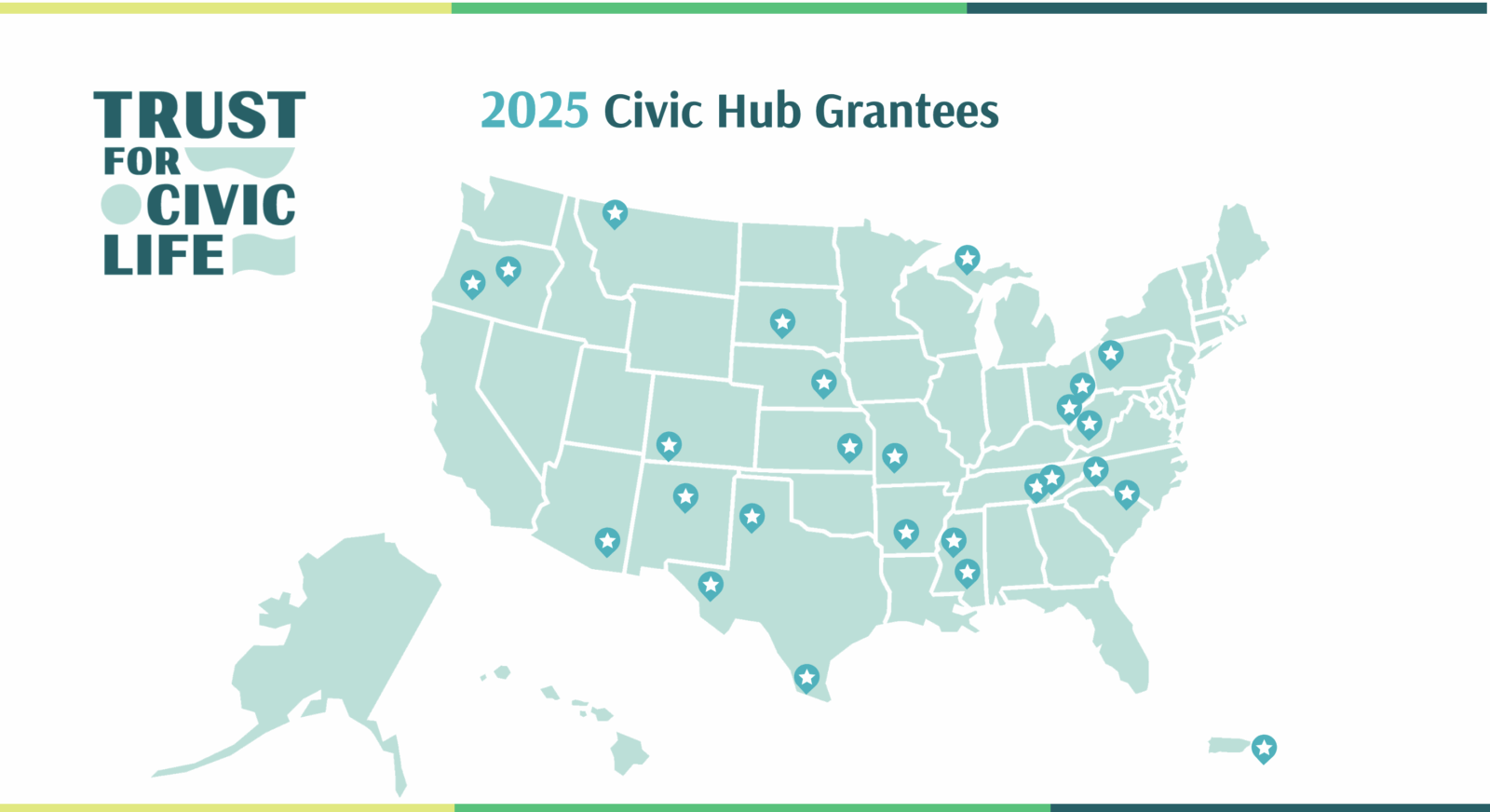
Funding will support regional fellowship designed to build new generation of community leaders
NELSONVILLE, Ohio – The Foundation for Appalachian Ohio (FAO), a regional community foundation serving the 32 counties of Appalachian Ohio, is one of 26 groups nationwide to share in $8 million over three years to advance civic participation and collaboration in local communities.
The funding comes as part of the Trust for Civic Life’s Civic Hub initiative, which supports local organizations that are bringing together community members to create new opportunities and address challenges in ways that enhance quality of life.
“We’re so very grateful to the Trust for Civic Life, who shares our belief local community members are best positioned to effect change, particularly when they’re supported and encouraged,” said Cara Dingus Brook, FAO’s president and CEO. “Local leaders are close to the opportunities and the challenges, and they’re committed to making their communities places people want to call home, both today and for generations to come.”
FAO will use funding to advance and expand its Growing Home Fellowship, a pilot program launched in 2023 to give young community builders a stake in Appalachian Ohio’s future. Through this public-private partnership, FAO has invested in more than 100 emerging leaders in their 20s and 30s – both financially and through a targeted program that teaches them how to identify community needs, develop solutions and assemble a network of partners to address local challenges.
Three years into the five-year pilot program, fellows are serving more than 80 nonprofit and civic organizations, actively contributing to the vitality of their communities. Through their work, they are expanding food pantries and creating community gardens, fostering downtown viability, supporting new forms of community recreation, expanding access to art and music opportunities, protecting the environment and more.
“All fellows have committed to live, work and volunteer in Appalachian Ohio throughout the five-year program,” Brook said. “But because they’re becoming so anchored in their communities, we expect they’ll continue to serve years longer.”